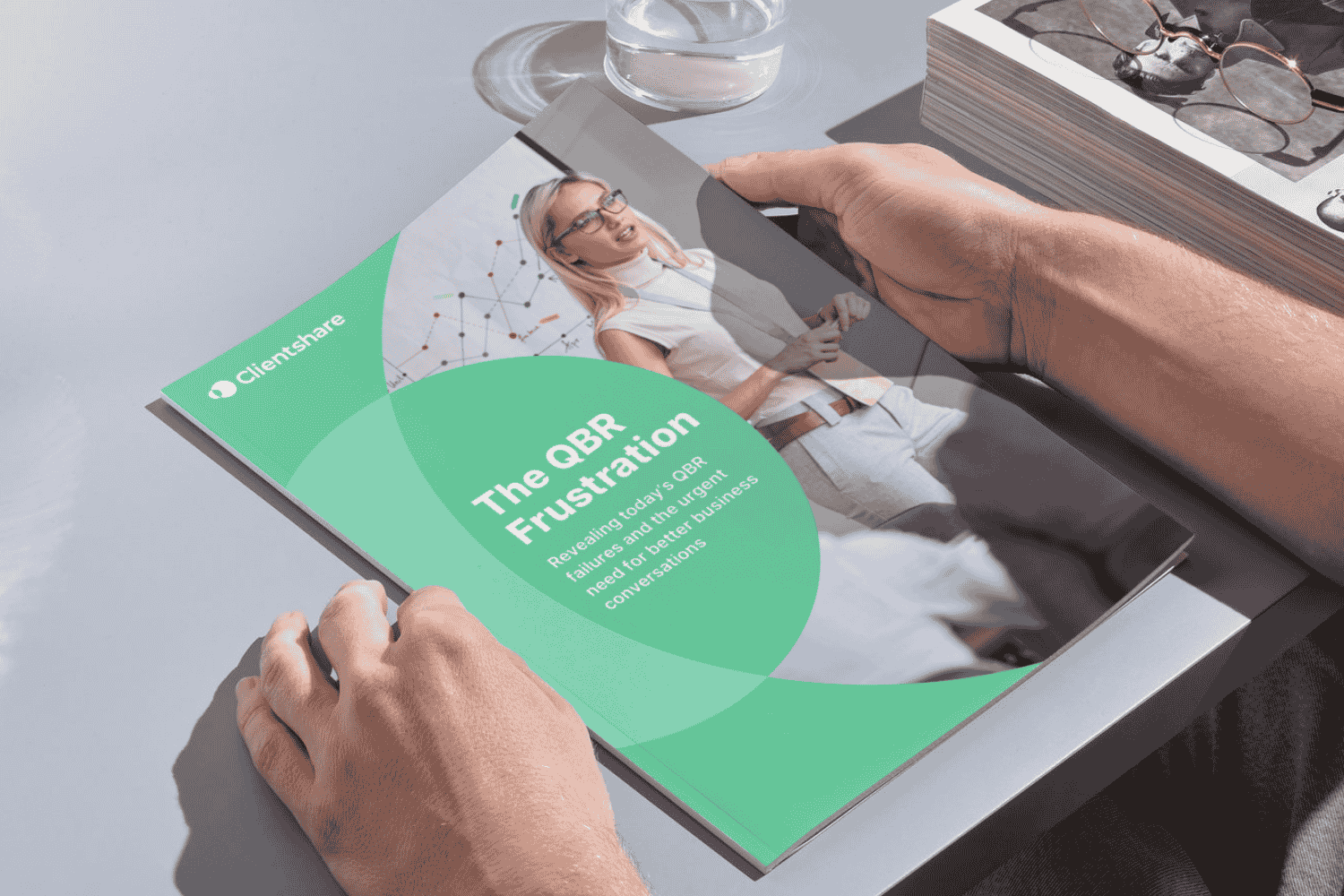
Jim Richardson has been involved in the Recruitment Process Outsourcing (RPO) sector for over 30 years and is now providing strategic talent acquisition (TA) advice to a host of clients. He gave his thoughts on why a good customer experience, supported by effective communication via channels such as Business Reviews, is essential for RPO companies.
I’ve worked closely with the RPO sector for many years, from the graduate assessment process in the early 1990s, to working as a head hunter, to running global TA functions at a number of Banks, through to my role today. I have either personally led or advised on over 15 different RPO solutions so, after all this time, it’s fair to say that recruitment is an industry that both fascinates and frustrates me in equal measure.
The RPO industry has grown enormously over the past three decades, even within some particularly turbulent markets (Everest Group, 2024). However, as an industry, it remains younger than its older sister, the Business Process Outsourcing (BPO) market. There are many things the RPO sector can learn from its elder sibling, especially around Customer Experience (CX) best practice, which can be applied to the wide range of services RPO companies offer.

What is RPO?
Recruitment Process Outsourcing, or RPO, is defined as:
“A form of business process outsourcing where an employer transfers all or part of its recruitment processes to an external provider.” – Recruitment Process Outsourcing Association
In essence, RPO firms can provide full- or part-outsourcing services to manage a client’s full hiring needs, including internal mobility, early career, contingent hiring, permanent hiring, executive search etc.
Most global organisations who have utilised RPO are now on their 2nd, 3rd or 4th generation models and know exactly what they want. So, how can the RPO industry stay ahead? They can start by providing an exemplary customer service and experience.
CX in RPO businesses today
The importance of Customer Experience in the RPO sector cannot be overstated, especially with the increase in RFI requests I’m seeing, indicating an uptick in RPO deals taking place. It plays a central role in differentiating RPO providers in our competitive market, building trust and long-term partnerships, enhancing candidate experience, and delivering strategic value to clients. In a sector where the outcomes are tied directly to the client’s ability to attract and retain talent, focusing on customer experience, RPO providers can not only meet but exceed client expectations, helping to secure long-term success and mutual growth.
Dare I say it, but some RPO firms struggle to understand the importance of getting customer experience to the right level, especially when it involves looking ahead to winning additional services. 93% of buyers are looking at relationships with suppliers with far more scrutiny than they were two years ago, so RPO businesses can’t afford to rest on their laurels (The QBR Delusion, 2024).
My interactions as a client with RPO businesses over the years have been mixed. Regular business reviews are the preferred way to gather feedback and provide updates on the partnership, but the quality of these reviews are – in my opinion – not fit for purpose.
Take the BPO industry for example. Companies are distinguishing themselves from the competition by prioritising and improving their client interactions through the use of tools such as Clientshare Pulse. The RPO industry have talked about doing more of this, but are they acting on these discussions?

Why is CX so important for RPO businesses?
The question at the heart of this is; why is CX so important for RPO businesses in particular? And how do they go about driving tangible change by making improvements to their current processes?
Builds trust
Open, honest and mutually beneficial relationships are vital for any of your customer’s Talent Acquisition (TA) or Human Resources (HR) leaders. Having a trusted supplier who knows and understands your needs is extremely helpful. It also sets the foundation for excellent long-term collaboration.
How do you build trust? Listen actively to your client’s issues and respond to their concerns quickly. Position yourself ‘in the trenches’ with them and help them to put out any fires.
Differentiates your business
How do you differentiate your business? Be clear about how important Customer Experience is to your business, and make sure to back it up with your actions.
Improves prioritisation
Hiring solutions are a balance of cost, quality and speed. A strong CX strategy will help you to listen to and understand what’s most important to your customers, allowing you to tailor solutions according to their priorities.
How do you improve prioritisation? Regularly check-in with your customers to review your approach and listen to their feedback. Be flexible in the solutions you offer, and don’t shy away from challenging established ways of doing things.
Supports data-driven decisions
Metrics such as NPS or CSAT scores gathered in Business Reviews provide valuable insights into the health of your partnerships, highlighting risks and growth opportunities. This data helps you make the right decisions for your partnership, at the right time.
How do you support data-driven decisions? Use technology to track and monitor how your customers are feeling. Tools like Clientshare Pulse enable you to monitor the health of all your customer accounts and easily identify areas that need improvement.
Final thoughts
We are expecting the hiring market to improve as we move into 2025 and the competition in the RPO industry is expected to ramp up.
Taking the time and energy to perfect your approach to Customer Experience is well worth it. Not only will it have a positive effect on your current relationships, but it will also set your business apart and help you stand out within a competitive market.
Read more:

.jpg?width=600&height=399&name=firmbee-com-jrh5lAq-mIs-unsplash%20(1).jpg)

.jpg?width=1200&length=1200&name=The%20QBR%20Delusion%20-%20blog%20thumbnail%20(2).jpg)
